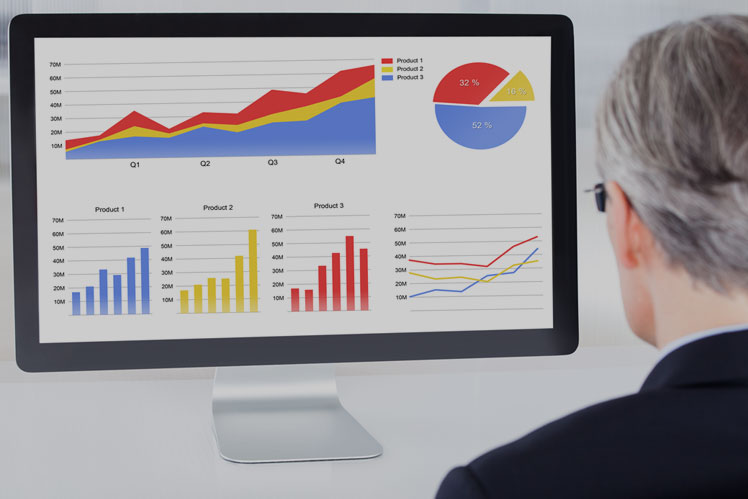By far one of the most crucial financial strategy steps is accurately estimating retirement expenses. Correctly accounting for retirement living expenses is critical to ensuring that retirees do not outlive their money. For those already retired, there are usually few good options for creating new income sources later in life.
Getting retirement spending projections correct is both an art and a science. To deal effectively in planning for future retirement needs, a financial professional can help determine the best course of action.
Early into her teaching career, Sheila started working with a financial advisor who helped her plan ahead for a comfortable retirement. She learned that when accounting for inflation, her teacher’s pension wouldn’t be totally sufficient to meet her retirement lifestyle desires. Approximately twelve years into her retirement, her expected pension income would begin to fall short of her anticipated spending needs. Because of this new information, she immediately began saving extra money each year and investing it into a diversified portfolio. As a result of consistent and careful investing, Sheila is now living her dreams in retirement.
In planning for retirement expenses, the first step is defining the full scope of future living costs. Some expenses are obvious: rent or mortgage costs, food, utilities and all the other basic types of household expenses. Other expenses are harder to identify. The list should also include extra costs for travel (cruises) & gifts (helping grandchildren with education expenses) and there needs to be a plan to deal with possible health care issues encountered during retirement.
The biggest question mark for the vast majority of Canadian retirees will be their health care expenses. With provincial health care plans only providing basic coverage, the available services may not equal the level of care expected or desired. Also, with long term care options, many retirees prefer to live at home for as long as possible. If full-time care is needed, the monthly costs can be quite burdensome if there wasn’t any plan in place that anticipated these types of expenses.
Once a full accounting of all anticipated retirement expenses is completed, the ‘art’ begins with trying to predict the future costs as a whole. The single largest factor in future spending projections is the effect of inflation (the rising cost of goods and services) during the remainder of a person’s life. Most people understand that prices tend to gradually rise over time, but they are often quite shocked at how inflation effects their future income needs. If living costs rise about 3% per year, it means that the costs of most goods would double in 20 years. The greatest difficulty lies with the fact that the cost of some goods and services may increase at a faster rate than inflation.
Questions about retirement planning?
Contact our office!
Copyright © AdvisorNet Communications Inc. All rights reserved. This article is provided for informational purposes only and is not intended to provide specific financial advice. It is strongly recommended that the reader seek qualified professional advice before making any financial decisions based on anything discussed in this article. This article is not to be copied or republished in any format for any reason without the written permission of the AdvisorNet Communications. The publisher does not guarantee the accuracy of the information and is not liable in any way for any error or omission.






